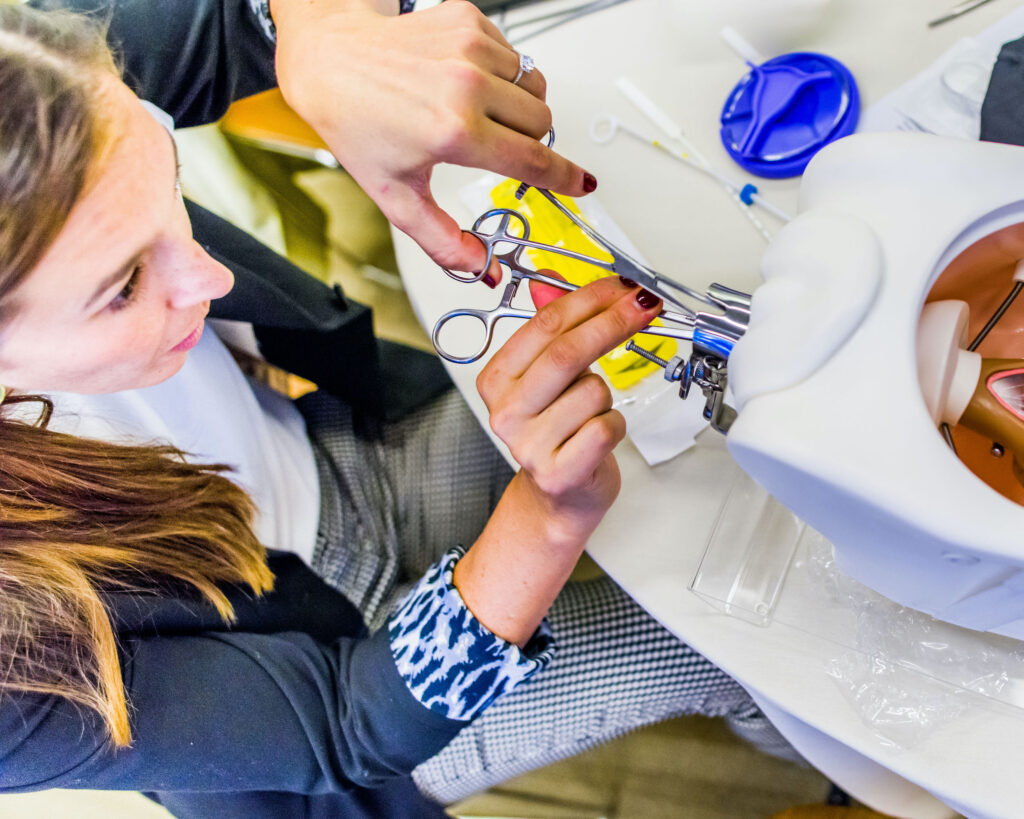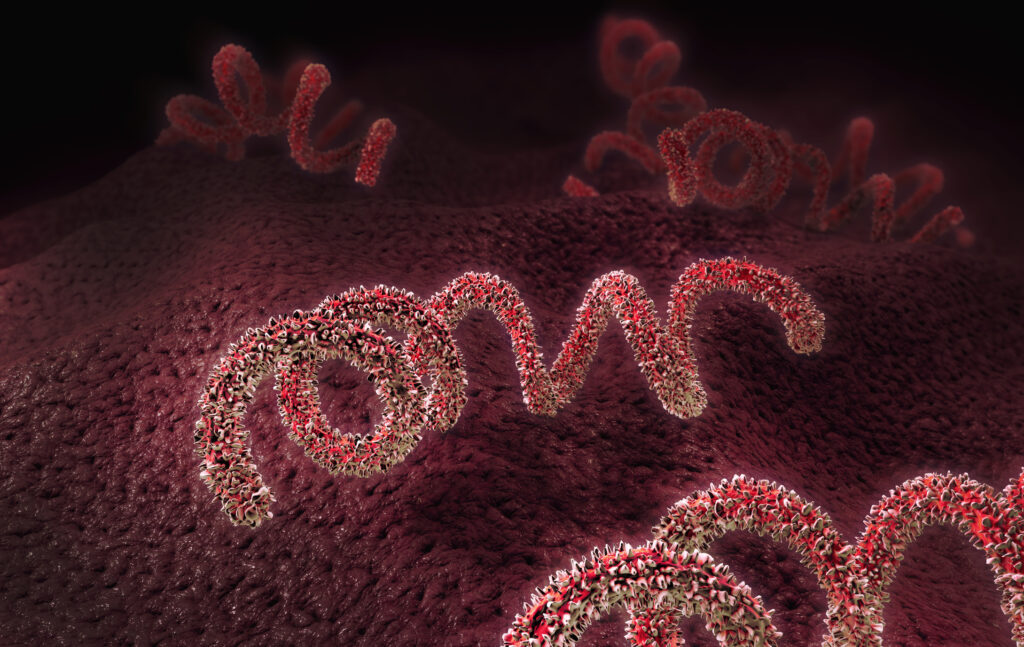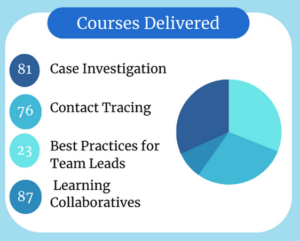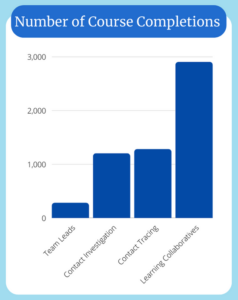Comprehensive IUD and Contraceptive Implant (LARC) Training
Offered by the Family Planning Access Care and Treatment (FPACT) Program
The training is suited both for providers who have never placed IUDs, as well as those who have experience with IUD insertions and removals, but who want to fine-tune their skills. The agenda includes information about patient method selection, counseling and consent, techniques for the use of instruments during IUD placement, and instruction in the insertion of each type of IUD currently available in the US.
Date: April 12, 2023
Time: 8:00 am – 5:00 pm, PDT
Location: 1700 K Street, Sacramento, CA 95811
Credit Hours: 8
Cost: FREE
The training includes hands-on practice with pelvic models and computer simulators and proctoring by family planning experts. Advanced topics include management of side effects, tips for managing difficult placements, pain management principles for office procedures, and prevention and management of complications.
The training also includes detailed information on coding and billing for IUD services provided to Family PACT patients. Participants will learn how to establish a clinic flow conducive to the same-day insertion of IUDs.
The training is presented in collaboration with Bayer, Allergan/Medicines360, and CooperSurgical.
Registration is on a first-come, first-served basis.
Seating will be limited to the first 50 registrants.
Please register by March 31, 2023 to save your spot.
Walk-ins will not be accepted.
Who should attend?
- Medical Doctors
- Nurse Practitioners
- Physician Assistants
- Certified Nurse Midwives
- Physicians

Offered by the Family Planning Access Care and Treatment (FPACT) Program
The training is suited both for providers who have never placed IUDs, as well as those who have experience with IUD insertions and removals, but who want to fine-tune their skills. The agenda includes information about patient method selection, counseling and consent, techniques for the use of instruments during IUD placement, and instruction in the insertion of each type of IUD currently available in the US.
Date: April 12, 2023
Time: 8:00 am – 5:00 pm, PDT
Location: 1700 K Street, Sacramento, CA 95811
Credit Hours: 8
Cost: FREE
The training includes hands-on practice with pelvic models and computer simulators and proctoring by family planning experts. Advanced topics include management of side effects, tips for managing difficult placements, pain management principles for office procedures, and prevention and management of complications.
The training also includes detailed information on coding and billing for IUD services provided to Family PACT patients. Participants will learn how to establish a clinic flow conducive to the same-day insertion of IUDs.
The training is presented in collaboration with Bayer, Allergan/Medicines360, and CooperSurgical.
Registration is on a first-come, first-served basis.
Seating will be limited to the first 50 registrants.
Please register by March 31, 2023 to save your spot.
Walk-ins will not be accepted.
Who should attend?
- Medical Doctors
- Nurse Practitioners
- Physician Assistants
- Certified Nurse Midwives
- Physicians



 As a member of the National Network of Disease Intervention Training Centers (NNDITC), CAPTC developed curricula and delivered case investigation, contact tracing, and team leadership courses nationwide. CAPTC also introduced 13 Learning Collaboratives that complimented the NNDITC’s foundational Covid courses and directly addressed issues that case investigators (CI) and contact tracers (CT) encountered when interfacing with the public.
As a member of the National Network of Disease Intervention Training Centers (NNDITC), CAPTC developed curricula and delivered case investigation, contact tracing, and team leadership courses nationwide. CAPTC also introduced 13 Learning Collaboratives that complimented the NNDITC’s foundational Covid courses and directly addressed issues that case investigators (CI) and contact tracers (CT) encountered when interfacing with the public. “The ability to quickly distill the information and develop course material that was digestible to a widening range of people, was highly dependent on our ability to listen to the concerns expressed to the contact tracers and case investigators, and by them as well,” says Tafoya.
“The ability to quickly distill the information and develop course material that was digestible to a widening range of people, was highly dependent on our ability to listen to the concerns expressed to the contact tracers and case investigators, and by them as well,” says Tafoya.